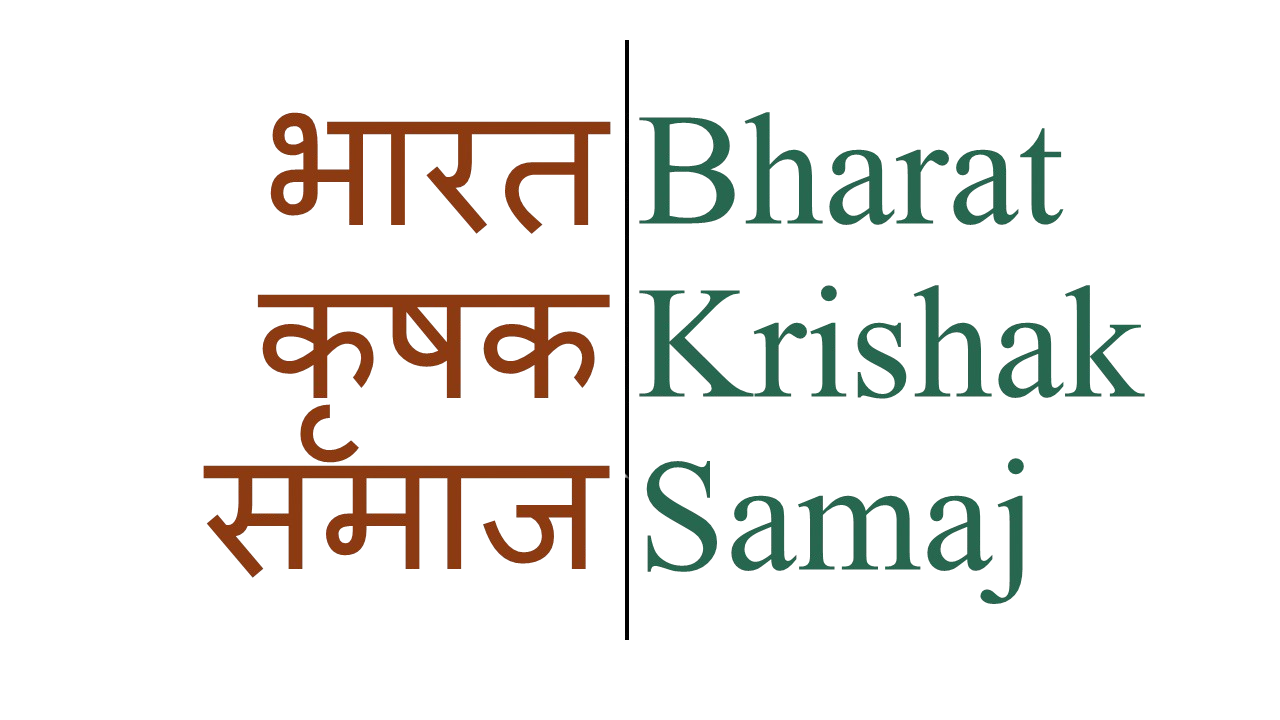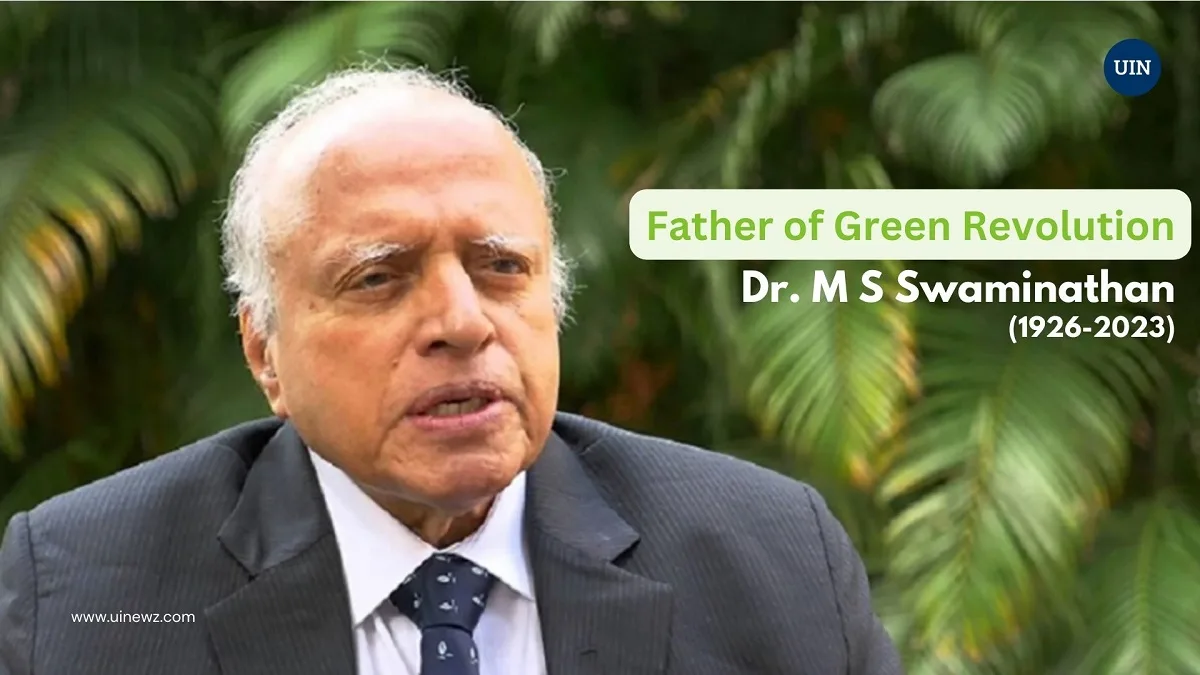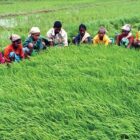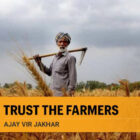It is generally agreed that freedom from hunger has been the most fundamental difference that helped Independent India rise up the global socio-economic hierarchy. The achievement is attributed to Dr. M. S. Swaminathan (August 7, 1925 – September 28, 2023). Dr. Swaminathan was more than a great scientist, it needed a genius of a different stature to shepherd India through its regulatory tangles and bureaucratic ways to usher in a transformative regime and that too at the farm level. Never before in Indian history had policy-level success been achieved on such a massive scale in such quick time.
In the realms of overflowing granaries, it is difficult to imagine India of the 1960s with famine-like conditions and with food production showing no hopes of bridging its gap with the hungry mouths till Dr. Swaminathan, in partnership with Dr. Norman Borlaug and Dr. C. Subramaniam, delivered the Green Revolution.
His accomplishments and erudition did nothing to change the down-to-earth scientist, soft-spoken to everyone, from the junior most to the top-level resources in the global world of agriculture to whom he was a mentor. He continued his conversations with the farmers over the decades to get a growing appreciation of their evolving issues, something that today’s policy-making landscape is completely bereft of.
Beside his contributions as father of Green Revolution in India, Dr Swaminathan had the vision to initiate important transformative programs like creation of All India Agricultural Research Service, strengthening of all India coordinated projects ensuring networking of scientists from all over India, starting of Lab-to-Land program to transfer agricultural technologies to farmers, establishment of the National Academy of Agricultural Sciences.
Over time the Green Revolution has come in for criticism from many quarters, because the subsequent establishments did not evolve policy when confronted with new information and knowledge. Norman Borlaug had rightly observed, “None are more keenly aware of its limitations than those who started it and fought for its success”. In 1987 Dr. Swaminathan was awarded the first World Food Prize. With the prize money, he set up the M.S. Swaminathan Research Foundation which is doing outstanding work towards achieving the “Evergreen Revolution”.
Dr. Swaminathan received extensive recognition from all quarters and was conferred with awards like the Padma Vibhushan, apart from several international awards including the Ramon Magsaysay Award (1971) and the Albert Einstein World Science Award (1986). In 2007, Dr. Swaminathan was also nominated to the Rajya Sabha.
Dr. Swaminathan commonly spoke of the growing hunger despite the increase in food production. He was too well respected and scientists refrained from openly expressing opinion on Prof. Swaminathan’s views on GM crops.
The National Commission on Farmers constituted under chairmanship of Dr. Swaminathan submitted its final report in 2006. After identifying causes of farmers distress, it made sweeping suggestions to achieve the goal of “faster and more inclusive growth” ranging from access, entitlements, land reforms, irrigation, productivity, credit, insurance, food Security, improving farmer competitiveness and even recommending inserting “Agriculture” in the concurrent list of the constitution. Among its many recommendations of the Swaminathan Commission Report was for an MSP of at least 50% more than the weighted average cost of production, popularly referred as the C2+50% formula. This has become the persistent demand of farmer unions who selectively ignore what they find inconvenient in the report. Political parties use it as government battering ram when they are in the opposition. For the enormity of his accomplishments, I fervently hope he is honoured posthumously with a Bharat Ratna. Until today, he was a living legend of India, who will live forever in our hearts.




